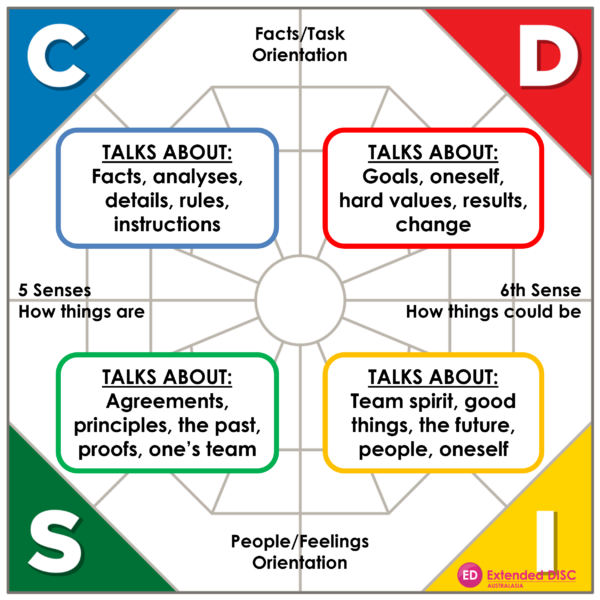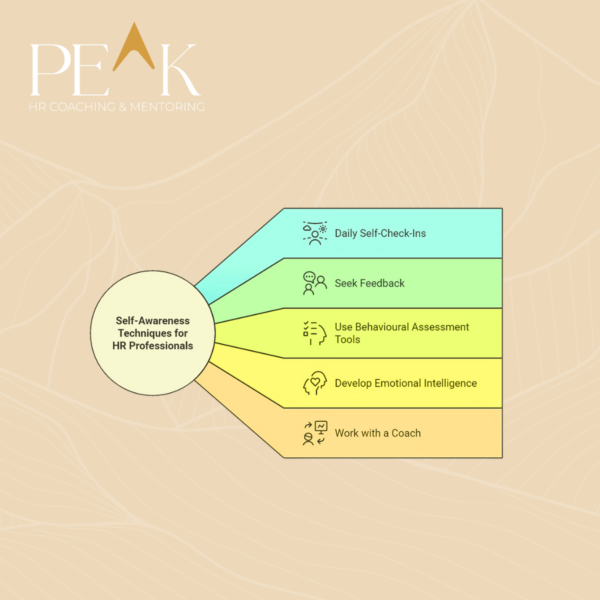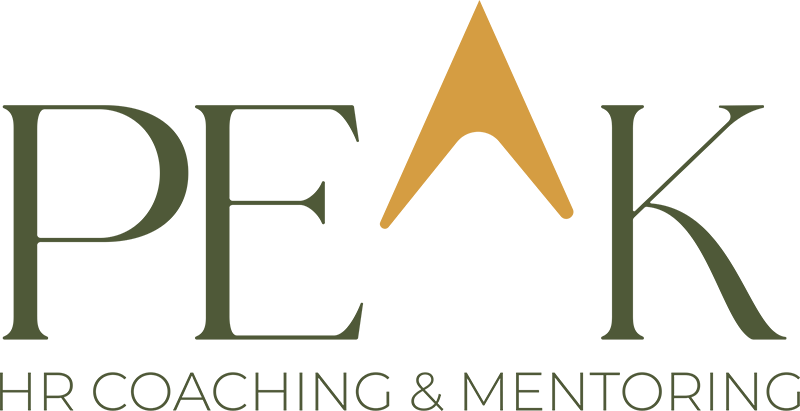You’ve just come out of a meeting and wonder, “Did I handle that feedback session well?” This moment of reflection is where self-awareness begins. As HR professionals, our ability to understand our thoughts, emotions, and behaviours directly impacts our effectiveness in leadership, communication, and decision-making.
In this blog, we’ll explore five proven techniques to enhance self-awareness, helping you refine your skills and strengthen your impact in the workplace.
Technique 1: Daily Self-Check-Ins
What it is:
Daily self-check-ins involve pausing briefly throughout the day to assess your emotions, thoughts, and reactions. Unlike journaling, which requires dedicated time for writing, self-check-ins are quick moments of reflection that can be integrated seamlessly into your routine.
How to practice it:
- Start your morning by setting an intention for the day (e.g., “Today, I will practice active listening in meetings”).
- Midday, take a moment to ask yourself: How am I feeling? What’s influencing my mood?
- At the end of the day, reflect: What went well? What could I improve tomorrow?
Benefits:
Self-check-ins build a habit of awareness, helping you recognise emotional patterns, stress triggers, and areas where you may need to adjust your approach. This simple practice leads to more intentional decision-making and stronger emotional regulation.
Technique 2: Seek Feedback
Why it’s valuable:
Receiving honest feedback is one of the most effective ways to uncover blind spots in your professional interactions. Whether it’s through 360-degree feedback, peer reviews, or informal conversations, external perspectives help highlight areas for growth.
Example:
Imagine you frequently lead team meetings but notice that engagement varies. Seeking feedback from colleagues could reveal that your detailed approach is effective but might need more open-ended discussions to encourage input from others.
Practical tip:
Ask for specific feedback instead of general opinions. For example:
- How do you perceive my leadership in team meetings?
- Is there anything I could do differently to foster more collaboration?
Feedback can sometimes be uncomfortable but approaching it with curiosity rather than defensiveness ensures continuous growth.
Technique 3: Use Behavioural Assessment Tools
Why behavioural tools matter:
Self-assessments like Extended DISC, MBTI, or StrengthsFinder provide valuable insights into your behavioural tendencies and how they influence interactions with colleagues.
The power of Extended DISC:
As an HR professional, using Extended DISC can help you understand your natural work style, communication preferences, and decision-making approach. Unlike other assessments, Extended DISC identifies both your natural and adjusted behaviours, allowing for deeper self-awareness.
Example:
If your Extended DISC profile reveals a preference for details and structure, but you work with a team of big-picture thinkers, you might notice friction in how ideas are communicated. Recognising this allows you to adjust your approach—perhaps by summarising key details before diving into the data, making your communication more effective for different thinking styles.

Technique 4: Develop Emotional Intelligence
Why Emotional Intelligence (EQ) is crucial:
Emotional Intelligence involves understanding and managing your emotions while also recognising and influencing the emotions of others. Strong EQ enhances communication, conflict resolution, and leadership effectiveness.
Key components:
- Self-awareness – Recognising your own emotional triggers and responses.
- Self-regulation – Managing stress and staying composed under pressure.
- Empathy – Understanding and addressing the emotions of others effectively.
- Social skills – Navigating workplace relationships with tact and influence.
Example:
A senior HR leader noticed that they often became defensive when receiving feedback. By working on self-regulation, they learned to pause, process the feedback objectively, and respond with openness, improving their relationships with colleagues.
Technique 5: Work with a Coach
Why coaching accelerates self-awareness:
A skilled coach provides objective insights and asks thought-provoking questions to help you uncover blind spots, recognise patterns, and gain clarity on your professional goals.
Examples of breakthroughs from coaching:
- A mid-level HR professional realised that their reluctance to speak up in leadership meetings stemmed from a limiting belief about their expertise. With coaching, they developed strategies to confidently contribute their insights.
- A senior HR leader struggling with delegation learned through coaching that their tendency to micromanage was rooted in a fear of losing control. By shifting their mindset, they built trust with their team and improved overall efficiency.

Conclusion
Self-awareness is the foundation of effective HR leadership. By incorporating these five techniques—daily self-check-ins, seeking feedback, using assessments like Extended DISC, developing emotional intelligence, and working with a coach—you can deepen your understanding of yourself and enhance your impact in the workplace.
Small, intentional changes lead to significant growth over time. Which of these techniques will you try first?


Leave A Comment